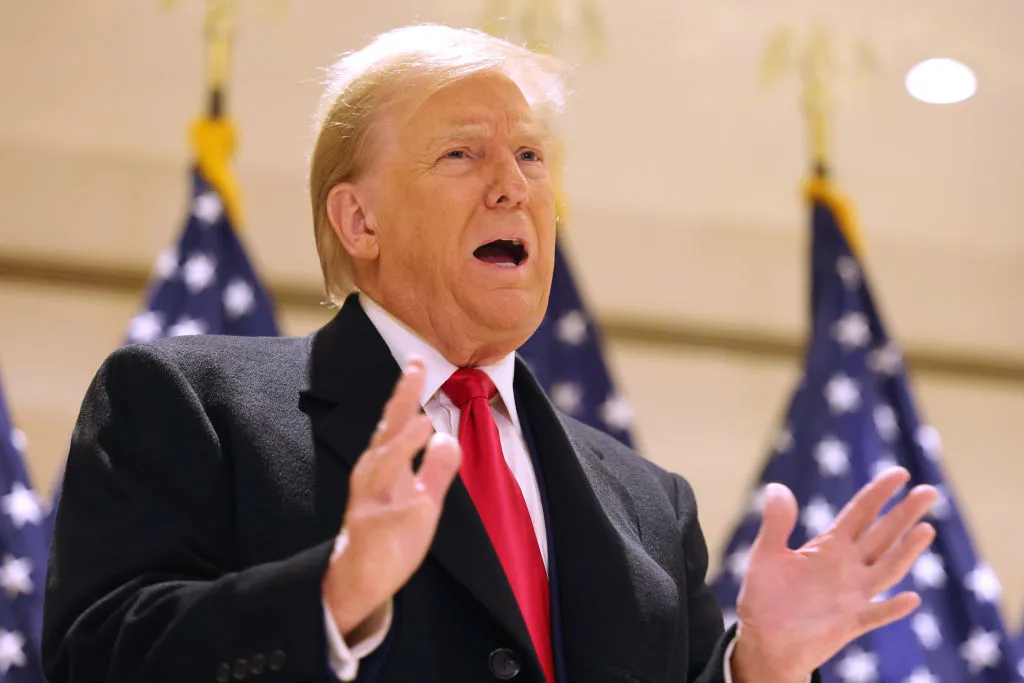In 2009, Twitter formalized a caste system. Notable users could apply for verification, earning a blue check next to their names. This was meant to stop malicious impersonators from adopting their identities. Oddly enough, one person who prompted this move was Kanye West, who had criticized “losers making fake Kanye West Twitter accounts.”
Clarifying the identities of users was a valid aim. Still, it introduced class conflict. As Twitter acknowledged when controversy erupted after alt-right organizer Jason Kessler earned verification, being given a blue check was “interpreted as an endorsement or an indicator of importance.”
An indicator of importance! Of course, that was obvious when it came to Barack Obama or Taylor Swift. But it seemed more peculiar when it applied to people with “words in @nytimes and @newrepublic.” Soon, “blue check” became a byword for smug and clubbish journalists and commentators who gained undue self-righteousness from their verified status. When Twitter accidentally locked out all blue checks in 2020, there was joyful chaos on the app.
Elon Musk’s announcement that Twitter verification will cost $8 a month, then, has led to outrage among verified users and amusement among common folk. No longer will the tyranny of the blue checks reign!
But I wonder whether Musk has thought his ideas through? First, it was reported that he would be charging $20. “$20 a month to keep my blue check?” Stephen King griped. “Fuck that, they should pay me. If that gets instituted, I’m gone like Enron.” “We need to pay the bills somehow,” protested Musk. “Twitter cannot rely entirely on advertisers. How about $8?” I’m not sure that King was complaining about the price as much as the principle.
Having a blue tick BM (before Musk) indicated status. It showed you were somebody of note — even if “of note” just meant that you wrote “takes” for “webzines.” Having a blue tick AM (after Musk) will mean you spend about as much as a Netflix subscription for a little blue check on a bird-themed app. Aside from brands and genuine celebrities, what kind of idiot is going to sign up for it? Musk has had to sweeten the deal by offering a bunch of extra incentives like “priority in replies, mentions & search” — which will not reduce the prominence of self-important loudmouths on the platform — and “half as many ads.” But I’m not sure how many will be enthused. YouTube adverts are far more annoying and I ignore their offer of “YouTube Premium” each time it appears.
Still, even if it makes little sense financially — and I admit that Musk, as a businessman, might know something I, as an opinion commentator, do not — isn’t it good for those of us outside the liberal mainstream if the playing field is leveled? I’m not sure. It’s funny, yes, but will it have attractive long-term consequences?
Musk has called Twitter verification a “lords & peasants system” — and while he has a point, it is also a system in which the peasants can make fun of the lords. One of the big assets of Twitter for people offering alternative perspectives has been the chance to criticize and mock “blue checks” directly. Their pride in their own status is not matched by popular respect — and all the more so given that their bad takes can be exposed in visible quote tweets and replies. The credential, in an odd way, becomes an argument against credentialism. Sorting out the moderation policies that allow the lords to escape and obscure criticism seems like a more effective anti-establishment step.
Besides, winding up blue checks is a wonderful sport. The left-wing British academic Paul Bernal is actually correct when he suggests that platforms like Truth Social and Parler don’t really take off because right-wingers want “a place where they can rant *at the libs*, at the MSM, at the people they hate.” All great posters need antagonists.
Musk has spent decades working on products that appeal to quite niche markets. You have to be rich to buy a Tesla. You have to love astronomy to buy SpaceX merch. I’m not sure Neuralink sells anything. This is not to demean any of these projects — it is just to say that Musk has limited experience appealing to such a massive and diverse userbase. Some of his ideas, like asking users to prove that they are real with crypto payments, have sounded foolishly complex and alienating. I would do it because I’m an internet-addled weirdo whose career is wrapped up in social media. Casual users, on the other hand, could get annoyed and do something else. I appreciate that Musk wants to make back some of his eye-watering, groin-aching $44 billion investment, but doing it at the cost of what makes Twitter likable would be a problem. We can see from Facebook’s downward slump that even a ubiquitous app can decline.
Don’t get me wrong: making blue checks cough up some of their not-always-hard-earned cash to keep their verified status would not kill off Twitter. But it hints towards a tendency to overcomplicate. Posters don’t need major changes to keep Twitter fun. Just get out of our way.























